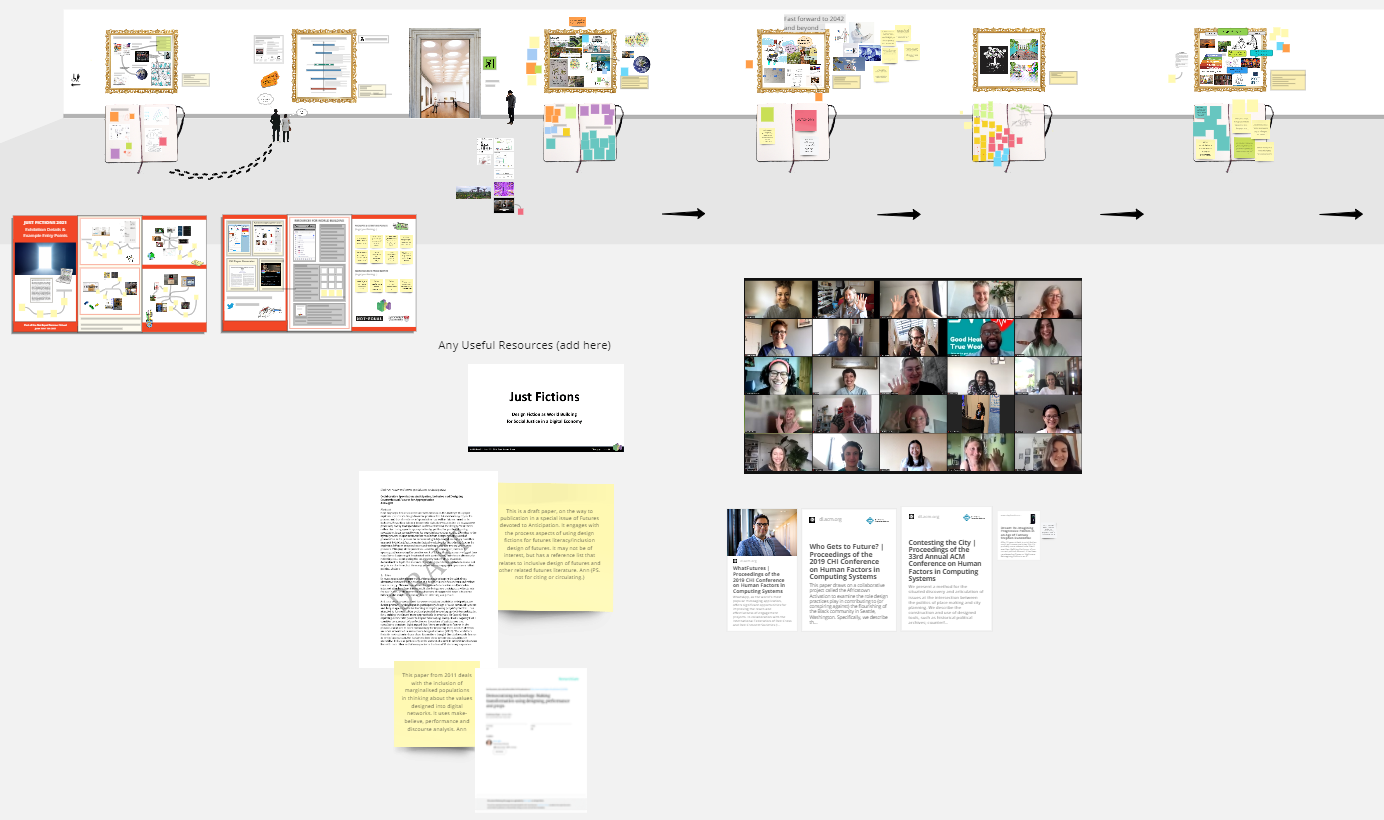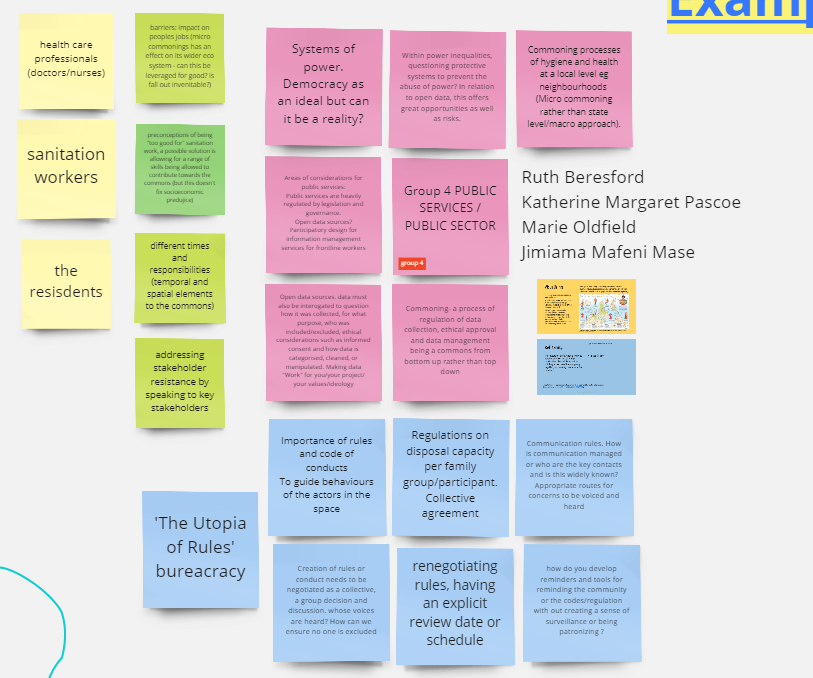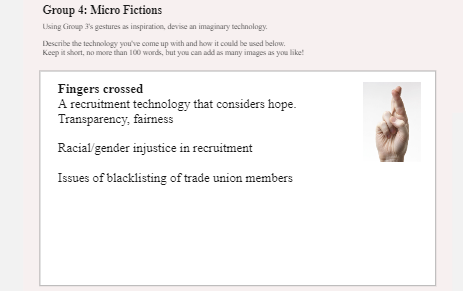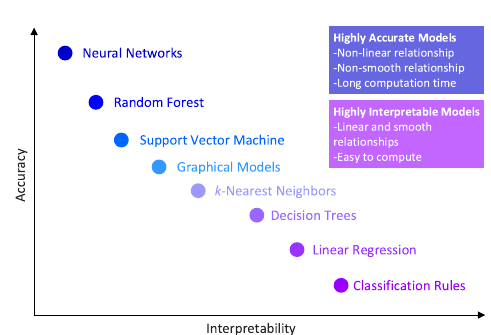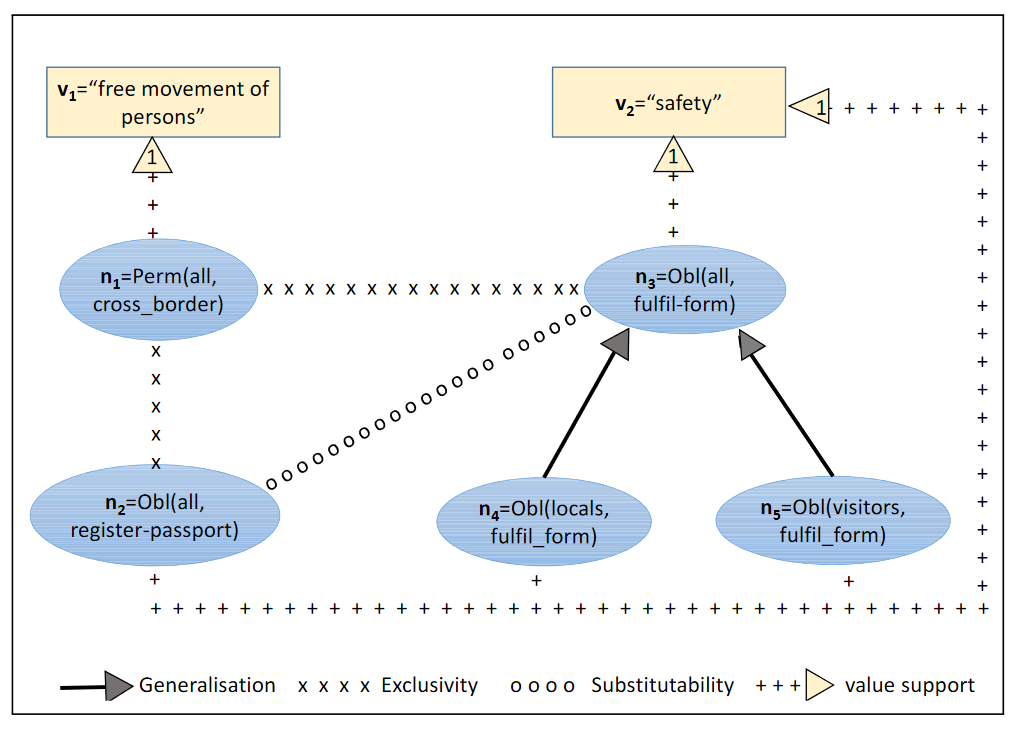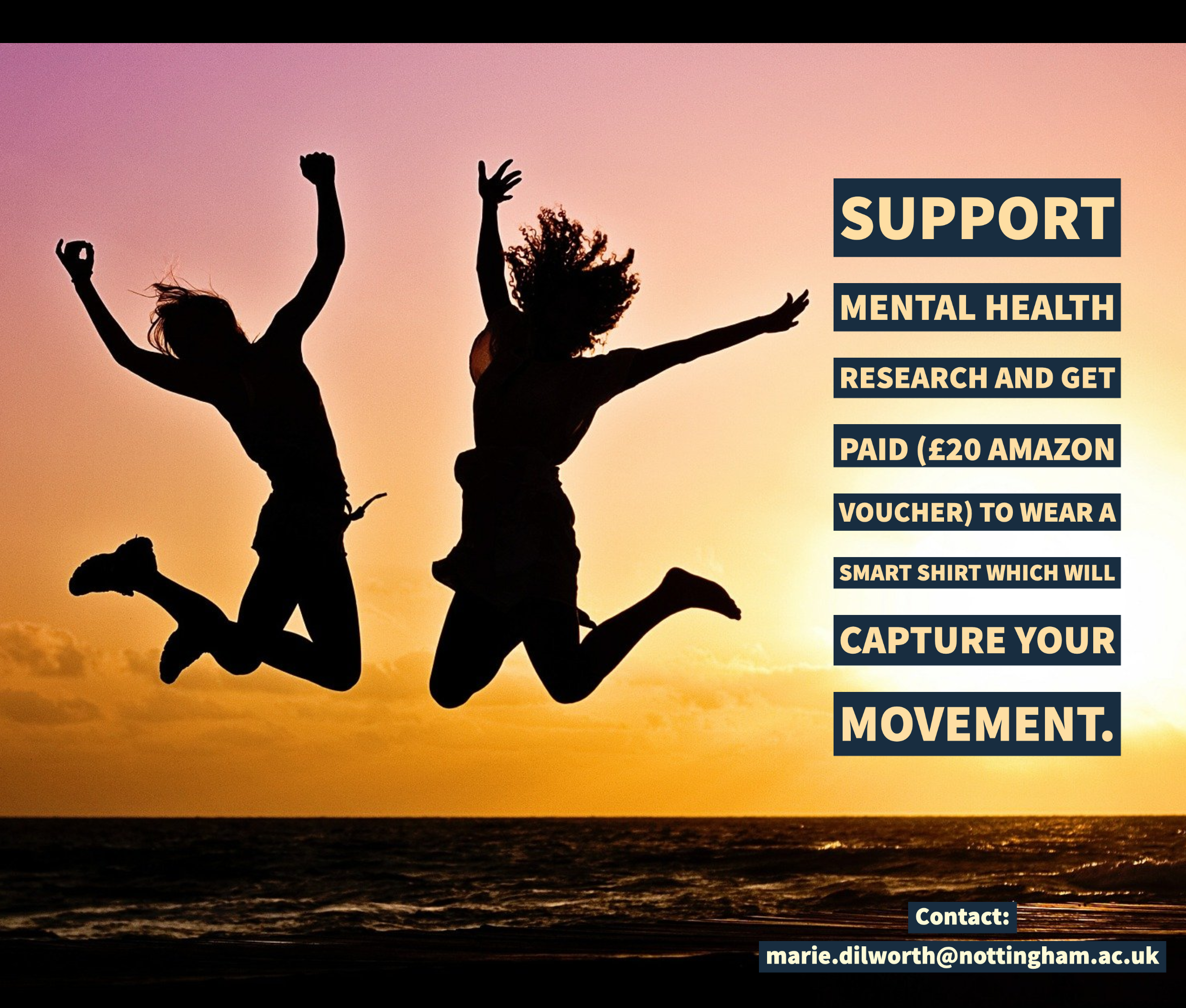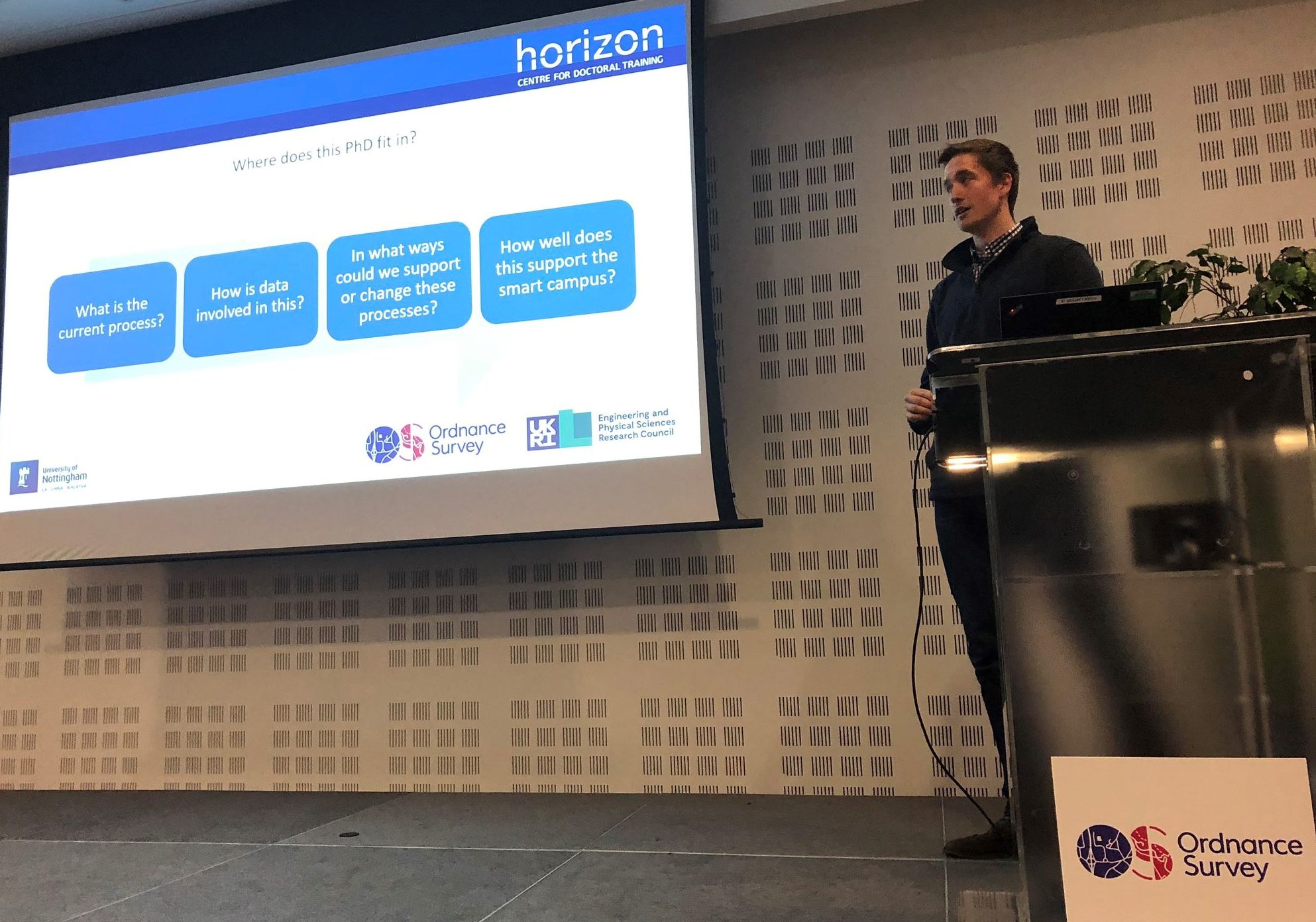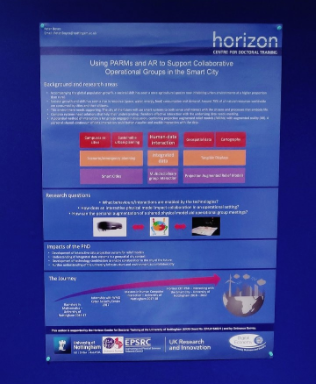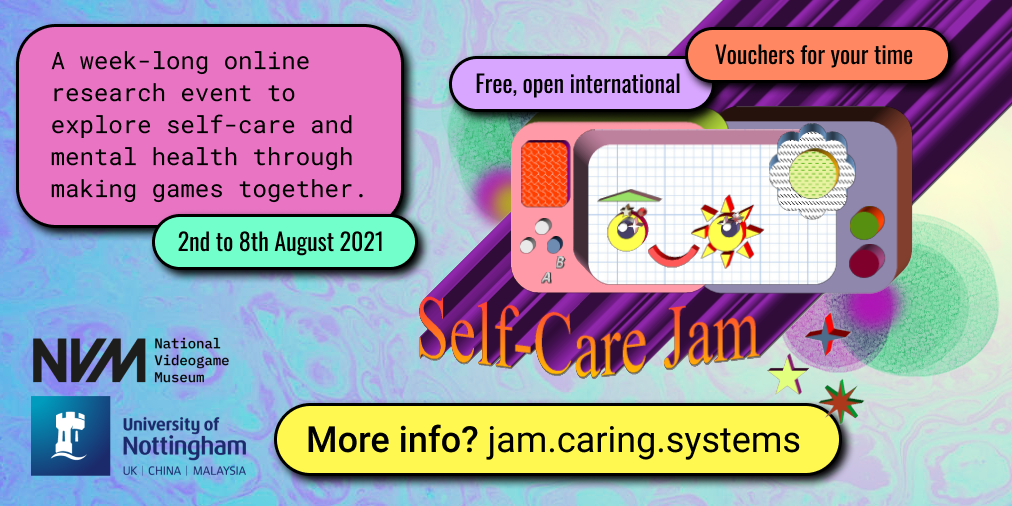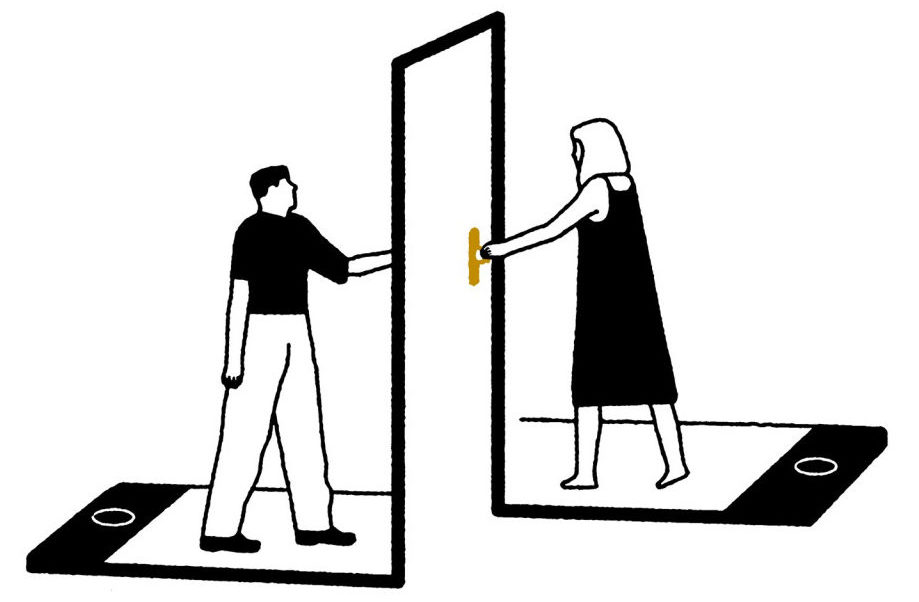post by Vanja Ljevar (2017 cohort)
In today’s post I wanted to share with you some of the experiences I had during my internship with Boots, which took place from December 2020, to March 2021. The project I worked on was based on an idea that originated in Boots, a company named ‘winner of the Responsible Business of the Year’ – and for a good reason. The topic of the project is powerful, delicate, stigmatized and close to the heart of everyone involved in the project. It was called: Menstrual pain and prevalence of period poverty in England. The idea was that menstrual pain can be detected through the content of customers’ baskets. I had to classify products that would help us create a definition of menstrual pain and once that was done, I was able to expand the research and go from individual baskets to the level of English districts. This meant that we could measure the prevalence of menstrual pain, the correlations with other factors, such as deprivation and, ultimately – we could get ideas where period poverty exists. Once finished, this project was transformed into a paper that is now going through reviews and final touches.
Even though I didn’t physically go to Boots offices nor did I meet people face to face, I still managed to get a sense of intrinsic cultural values and underlying ideas that exist in Boots and the bottom line was: they really care. They care about their customers, they care about the optimal use of their data and they care about making a change. Considering the relevance of period poverty at any time and especially during an epidemic, it is needless to say this project was important. My results could potentially lead to changes of policies, big claims in the media and it was of utmost importance to get things right.
As it is the case with any internship, it is always one of the most exciting parts of Horizon CDT PhD: for those without real professional experience this is a great chance to learn about ‘the industry’, for those who (like me) already have years of working behind them, this is a chance to expand their horizons and make contacts. Unfortunately, my internship started when we were in the middle of a lockdown, working from home, isolated, worried and overwhelmed with already pressing PhD work. However, through all the ups and downs, there were lessons to be learnt during the 4 months of my internship with Boots. I decided to share these insights, as they came to me: stories I made through learning from mistakes, whilst coding, connecting the dots in my head or even painting my kitchen.
So, without further ado, here is what I learned through the process.
ABOUT THE START: KILL YOUR DARLINGS
Every project starts with an idea of what can be done.
However, if you are anything like me, you will start with *many* ideas.
But not everything should be done and nothing can be finished unless we prioritise.
There always comes a moment when we need to stop. Draw a line and say: no more ideas.
As hard as it sounds: sometimes we need to stop working on things that we enjoy, in order to focus on things that are more important.
In other words: no matter how much you love them – kill your darlings, because: no one will know what you do, until you actually do it.
This was the hardest part of my internships: applying data science to a complex topic means that there are many different ways in which we can create insights. However, I had only a limited number of resources at my disposal and in order to create meaningful research, some hypotheses remained just that: hypothesised.
ABOUT THE BEST KIND OF WORK
‘Crocodile tears’ come from the ancient Greek anecdote that crocodiles would pretend to weep while luring or devouring their prey.
But here is the thing: even if some tears look the same, research shows that there is a significant difference between tears in terms of their chemical composition.
Rose-Lynn Fisher took a series of microscopic photos that prove: tears of grief are different to tears of joy that are also different to onion tears.
So, here is my point: whatever you do, try to do something you truly believe in.
Whether it is a research project, a hobby or the job in the industry, the difference between people who really enjoy what they do and who do not is real.
Just as they can recognise crocodile tears, people somehow *know* whether your work and efforts are genuine.
I was lucky to work on a project that genuinely meant something to me. Menstrual pain and in particular, period poverty, and the idea that there are still women and girls who in today’s day and age cannot afford menstrual products is something that was very moving and close to the hearts and minds of everyone involved in the project. Personally, I believe that research can be the first step in changing the world’s biggest problems, but it doesn’t always have to be extremely significant. What it does have to be is: relevant to you. Therefore, when choosing (or accepting the internship topic), be true to yourself, otherwise it will all end up in tears. (The true ones)
ABOUT TWO TYPES OF PROJECTS
Peter Thiel says there are 2 types of progress:
➡Horizontal progress — a type of progress that occurs from being a copycat.
It can also mean an innovation of existing things, but expanding mostly in scale.
⬆Vertical progress — this is achieved by doing something new.
Vertical progress is more difficult to achieve because it is an endeavor that was never done before.
Needless to say, we need both.
But vertical success is the one that gets you, well, higher.
I think it is very important to decide what kind of progress this internship should be for you.
You will create value for a company, but you should also think about what kind of value you will create for yourself and your PhD. I was lucky to work on a project that interested me, however, it was completely unrelated to my PhD research. Therefore, I decided at the very start of the project that I will aim for vertical progress, creating something new, however – in case the project starts to develop and grow, I will (have to) be happy to give it up and help someone else continue the work. This is because I knew that I only had a very limited amount of the time on the project and that my PhD matters more. The truth is, some of us are inherently more prone to vertical thinking, but no matter how hard it is, we sometimes need to focus more on horizontal progress (in my case, finishing my PhD), than vertical progress (creating something new for the company).
ABOUT THE TOPIC
Not too long ago they discovered another painting, allegedly made by Van Gogh.
By many accounts, it wasn’t a pretty painting, not Van Gogh style and not something that would catch any critic’s eye.
But what was interesting about this, was that they really struggled to conclude whether it was a Van Gogh or not.
For the purposes of my story, it actually doesn’t even matter what it was in the end.
What matters though is this: during the investigation, the value of that painting was literally changing from one moment to another – from being worth several million (if it really is him) to virtually – nothing.
But the painting itself was always the same.
And this is the power of our perceptions.
Perceptions make us change our actions from logical to irrational.
And we rarely can estimate the real value of something only based on its functionality.
How important your work (or research) is, often depends on its perceived value by your stakeholders: the company, the government or even your supervisors. The trouble is – some topics can be extremely impactful, but other people might not think that. This is often where the power of communication steps in, and your ability to translate academic, ‘heavy’ content into something that others can perceive as impactful and valuable for them.
Ironically, the research about menstrual pain is so unexplored today because researchers did not perceive it as an important topic.
Many doctors do not perceive menstrual pain as important, because there is not enough research about it.
Many women do not perceive menstrual pain as something they should complain about to their doctors because – even if they do, chances are their doctors won’t perceive this as an issue.
Menstrual pain is not researched enough, because not enough people complain about it and treat it as an important issue.
And the vicious circle continues until we stop it and explain why this topic matters.
ABOUT STUPID QUESTIONS
One of the greatest advice I received recently was this: ‘Whenever you’re in doubt about something and you don’t know how to approach it, ask it as a stupid question.’
There are several reasons for this.
♟️Questions are always less threatening than statements that could be perceived as risky – particularly in front of people we don’t know that well.
♟️90% of the time everyone else is thinking of the same question and is too embarrassed to ask it.
♟️There is a lot of noise in our communication and asking dumb questions makes sure we land on the same page.
This is especially relevant during working from home when it is so easy to misinterpret something or simply – miss the huge part of communication we do not get via Zoom, by observing body language. Therefore, there IS such a thing as stupid questions – we should use them as our superpower.
ABOUT THE POWER OF TEAM
Anton Babinsky syndrome is a rare condition: people are blind or deaf.
But what’s strange about this is that these people are completely unaware of this.
And adamantly deny they are blind.
They confront the evidence of their blindness through lies they say to themselves and others.
I do wonder if we can find a parallel to this syndrome in the class of people who are clueless about their own shortcomings.
Some people are making mistakes, but they are not even aware of it.
Some clever people do stupid things, without even thinking twice about it.
Sometimes we simply don’t know what we don’t know.
But unlike Anton Babinsky patients, who suffer from a rare brain damage, we are able to prevent our own mistakes: by relying on other people in our team.
This is the power of constructive criticism and discussion – we all have a blind spot.
But a second opinion could help us realize it.
I realised the power of this during my internship when I was explaining in one meeting that we could extrapolate someone’s need for painkillers based on their purchases. I was about to make a wrong definition when the Boots project manager said that some painkillers have different packaging sizes and that could mean they simply last longer. Which why, of course, some women might seem like they do not need to buy painkillers, when in reality they have stacks of them at home. It seems obvious now, but I did not think of this before.
ABOUT PROCRASTINATION
During one work day I decided that instead of working on my final report, I would – paint my kitchen.
And there I was, doing a completely unnecessary job for 5 whole hours.
I was so tired in the end that I couldn’t do any other work and I just called it a day.
It got me thinking – why is it that it’s so hard to work sometimes?
Is it because we’re afraid of not meeting our super high standards – so we’d rather not start at all?
Is it because the circumstances are not ideal?
Or is it simply because we’re lazy?
I knew that if I really need a day off, I can just take it. However, I also knew that I needed to stop procrastinating and this was a strategy that I developed during my internship. I created so-called “microgoals”, where for each big task I planned to do on a particular day, I would create much smaller tasks and break them down as much as I could into smaller and smaller goals. Whether it was simply opening the excel sheet, writing a plan of action or even just writing the title – it’s still progress that I can be proud of. This is especially important during the pandemic, when the lines between work and free time can be so blurred that the work could easily take over a whole day and as a result – seem like a daunting task the next day. This is why I tried to remind myself every day that every journey starts with a small step. And taking a day off to paint the kitchen is also an important step in this journey.
ABOUT THE END
Have you ever felt like you are at the end of your strength, but kept trying?
Whether it was that one more push in the gym or the final hour of your report, you went beyond and above what seems your natural limit and you persevered.
If you did, you’ve experienced something that the Finish call: sisu.
This is a word that does not have a direct translation to English, but represents the mental strength to continue even after you reach the limit of your ability.
The Finish created a whole ideology around sisu and they perceive it as the only thing that got them through the Winter War – and helped them regain their reputation and territory.
I know that many of us feel that 2020 has taken a lot from us. Whatever it is you do: writing your thesis, trying to get the data for that next study, planning your internship, or simply giving it another push to keep it all together in the midst of a pandemic, just remember the words of another war professional who knew the artistry of sisu: ‘if you’re going through hell, keep going.’ However, regardless of your situation, always remind yourself that everything we do during this PhD (including the internship) should be things we enjoy, things that teach us to be more competent and resourceful researchers and that in the end – one day we’ll look back at this short time we spent at CDT and think how lucky we were to have such a great opportunity.
If you would like to read more about my research on menstrual pain or just chat, just drop me a line at vanja.ljevar1@nottingham.ac.uk and if you would like to read more of my stories, visit me at instagram: @tryanglist
